How to Become a Drone Pilot in Canada (Drone License and Pilot Certificate)
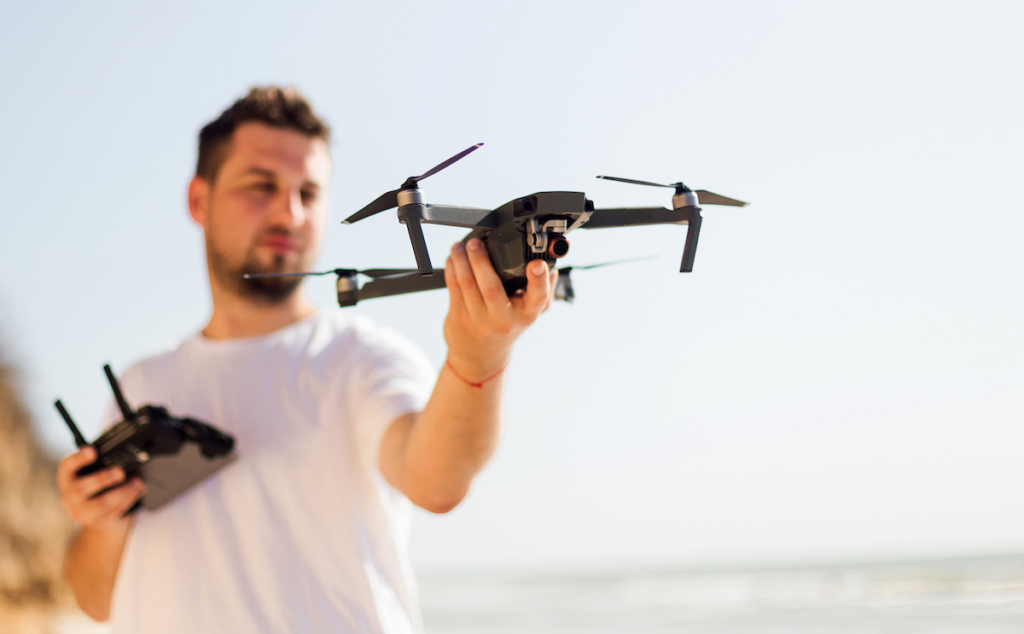
Though drones have been used for military, law enforcement, and commercial applications since the late 1990s, Canada has just recently passed legislation to regulate the use of drones in civilian airspace. In February 2017, the Federal government announced changes to its drone regulations with a new Drone Licensing Program. The goal of this program is to enable drone operators in Canada to safely use these aircraft for a wider range of uses. Before you can start flying or using a drone for commercial purposes in Canada, you’re going to need a few things:
- A pilot’s license
- A registered drone that meets certain safety requirements
To become licensed as an operator of small unmanned aircraft (sUAS), you must take two separate tests. The test required depends on how much flight experience you have and your age.
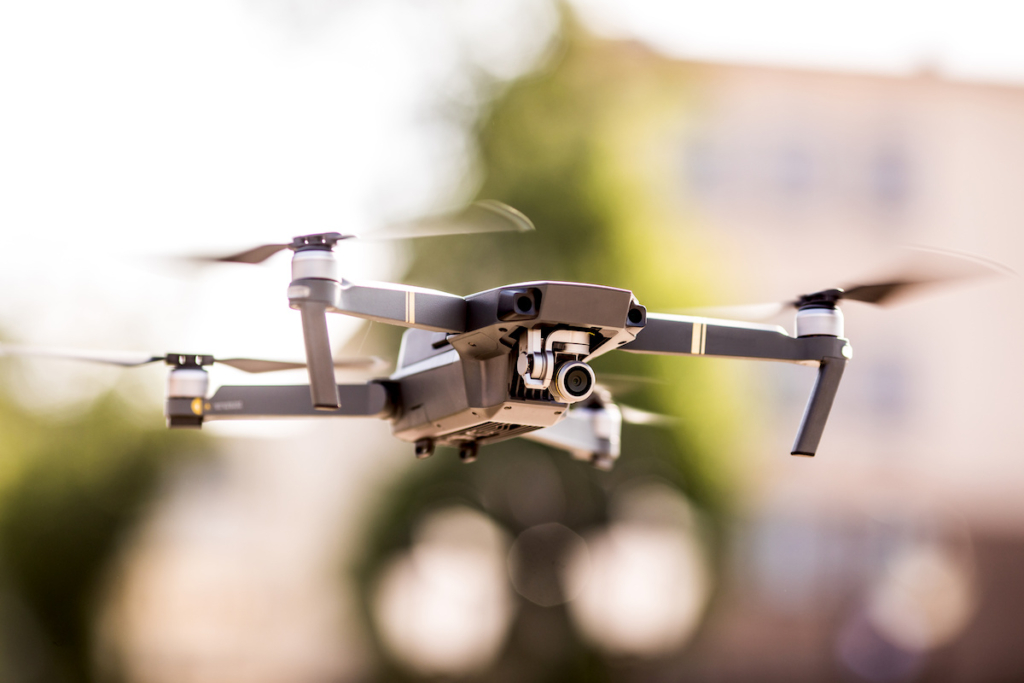
What is a Drone License?
The license you’ll be awarded after passing the test is a pilot certificate. You can use it to operate an sUAS for recreational purposes in Canada, with the exception of commercial operations. Next, you must register your drone by submitting an application, which is available on the Department of National Defence’s website.
Read more about Drone Regulation in Canada.
How to Become a Drone Pilot in Canada
The first exam is a test of your Aircraft Flight Test, which will assess your ability to fly an unmanned aircraft in Canada. This test can be taken with a drone that meets the safety requirements of the Canadian Aviation Regulations (CARs). The second exam is a visual flight rules test that assesses your knowledge of airspace use and operating procedures. To become licensed as an operator of small unmanned aircraft, you must pass both exams before taking to the sky. There’s no cost for either of these tests, but there is a fee for obtaining your certificate and pilot’s license.
Required Flight Training for a Drone License
You must complete the following:
- Canadian Aviation Regulations (CAR) Part IV private pilot ground school training
- A written test that covers topics such as the safety of operating a drone and the relevant regulations
- A practical test, which includes flight maneuvers and emergency procedures
- A medical examination from a licensed medical doctor or an aviation medical examiner
In addition to the criteria above, you must also complete any other required tests or training, such as biological sampling.
If you’re younger than 18 years old, you must also take a flight test to get your license, as well as complete all of the above steps in person at one of these locations:
- Canadian flight training center
- Agricultural aircraft association approved training location
- Approved facility operated by a certified air traffic control unit
If you are already licensed with another category of aircraft, you can apply for your sUAS license at any time after completing ground school and taking the written exam and flight test.
So, what’s required to become a drone pilot? The application process is fairly simple once you know what’s needed to begin flying drones in Canada–the only thing needed is patience! The complex process starts with obtaining your pilot certificate and then proceeding on to take your two tests: the practical test and the written test. Most applicants are required to take both tests within 2 years of receiving their pilot certificate. This ensures that they have completed sufficient training to fly safely without making costly mistakes or having accidents on accident-prone flights.
What is a Certified Drone Pilot?
To become a certified drone pilot, you must meet specific eligibility requirements. You must have written authorization from the Minister of Transport to conduct commercial operations and hold a valid Canadian aviation document such as an airline transport pilot license or an air operator certificate. To fly your drone commercially, you must also hold a valid air operator certificate (AOC) for small unmanned aircraft systems.
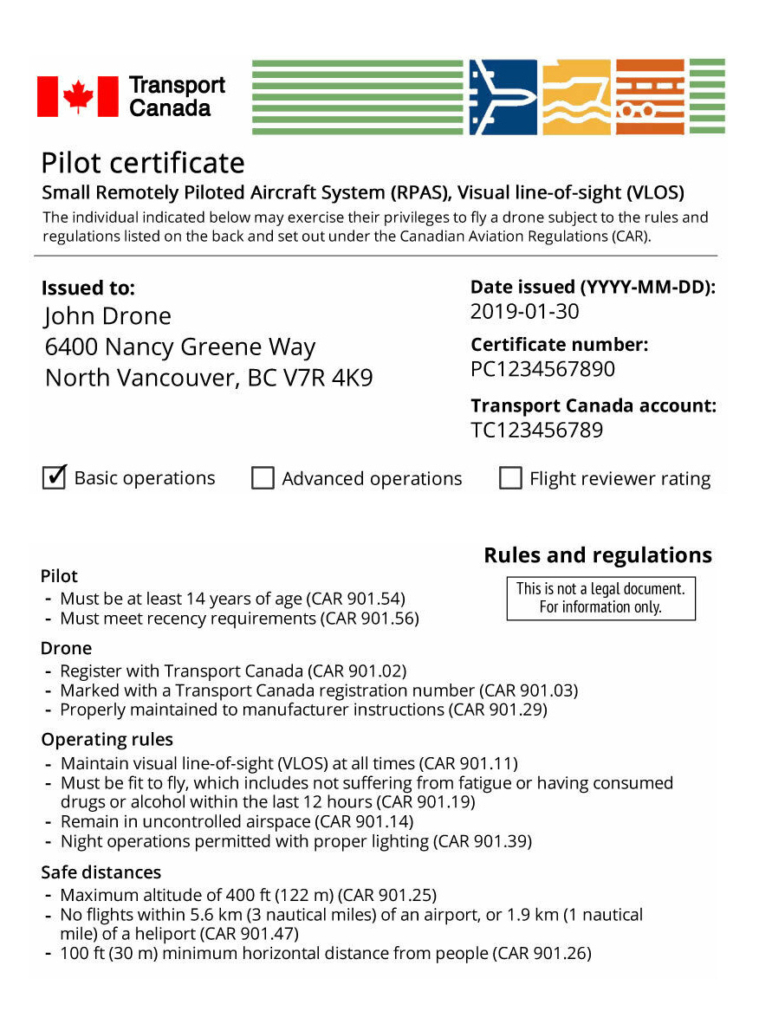
According to the Canadian Aviation Regulations, this is what it means to be a Certified Drone Pilot:
- A person who has successfully completed one or more assessments that are required to obtain the Certificate of Qualification as an Operator of Small Unmanned Aircraft Systems (UAS) issued by the Minister of Transport, who is employed in the private sector and does not act under contract with the Crown in right of Canada;
- An individual who has been approved by Transport Canada to conduct flight training on behalf of other persons in accordance with section 591.04 (2) of the Canadian Aviation Regulations and who is employed in the private sector;
- A person who holds either of these two statuses and conducts flight training pursuant to section 771.18 (4) (b), (c), (d), or (e) of the Canadian Aviation Regulations; or
- A person who holds either of these two statuses but conducts their own operations and only carries passengers when they are paid for their services.
Required flight training and certification for a drone pilot’s certificate:
- If you have more than 250 hours of flight time, then you must take both a flight test and an online exam
- If you are at least 16 years old, then you can take the online test free of charge
- If you have less than 250 hours of flight time and are under 16 years old, then you will be required to take a series of eight flights followed by a written exam
Requirements for an operation certificate:
To obtain an operation certificate, you will need to pass the Aeronautical Knowledge Exam and a Pilot in Command (PIC) test.
- If you are 16 or 17 years old and have less than 2,500 hours of flight time prior to taking your tests, then you must obtain an approved instructor’s endorsement. This endorsement is valid for two years and it can be renewed by passing the Aeronautical Knowledge Exam again.
- If you are 18 years old or older and have 2,500 hours of flight time or more before taking your tests, then you do not need an instructor’s endorsement for your operation certificate. You will still need to take the Aeronautical Knowledge Exam and the PIC test before obtaining a full operation certificate.
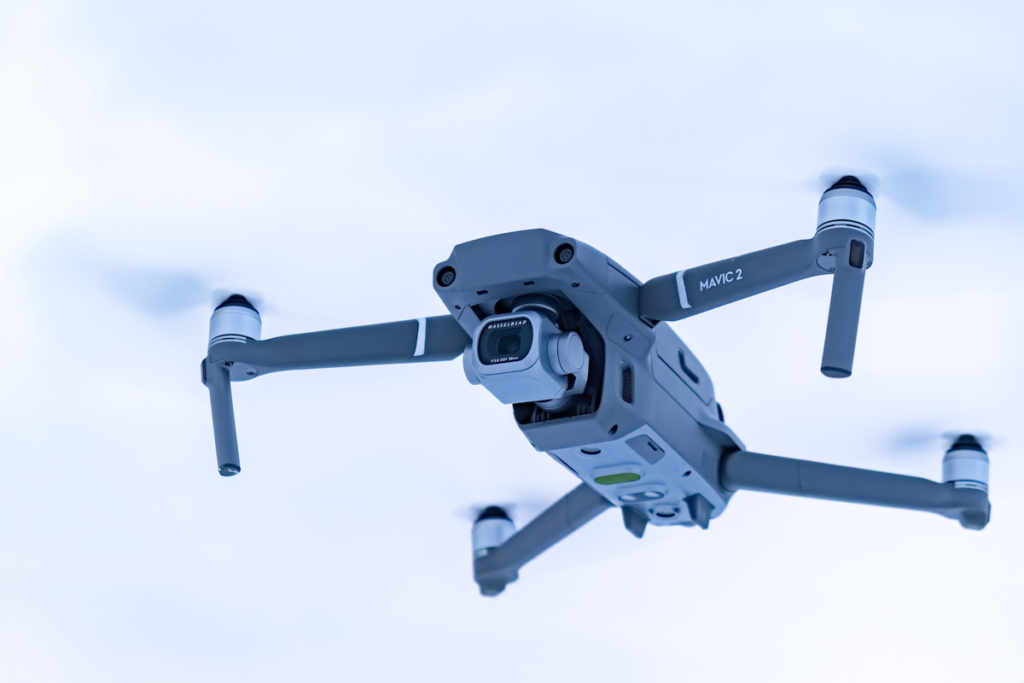
When can you fly with your new license?
The General Aviation Restricted Certificate is good for a maximum of 3 hours (2-hour flight time) while the Remote Pilot in Command Certificate is good for a maximum of 45 minutes (30-minute flight time). The commercial drone pilot license is valid for up to 120 days per year and allows flights lasting up to 30 minutes.
There are several other certificate types that you can obtain when you apply for your drone operator’s license:
- Remote Pilot in Command – if you want to fly your drone on a particular area or route, but do not need the full range of functions available with a commercial remote pilot license.
- Ground Control Station Operator – this certificate allows you to use your own ground control station and manage flights from anywhere in the world
The first test is a written examination and will last about an hour. The second test is an aeronautical knowledge test that lasts about five hours and consists of a number of questions related to aviation. If you pass both tests, you’ll receive your pilot certificate. The cost for the two tests combined is $1050 CAD. A separate drone license costs $300 CAD and is valid for one year. To stay registered under the new program, operators must re-certify their drone every 24 months or once it reaches 10kg in weight or has a maximum speed of 100km/hr.
Drone Registration
All drones must be registered with Transport Canada and display the registration number, similar to a car’s license plate. One registration is needed per drone, regardless of the number of pilots. The registration fee is $5 per drone. A certificate or drone license is also required for the pilot.
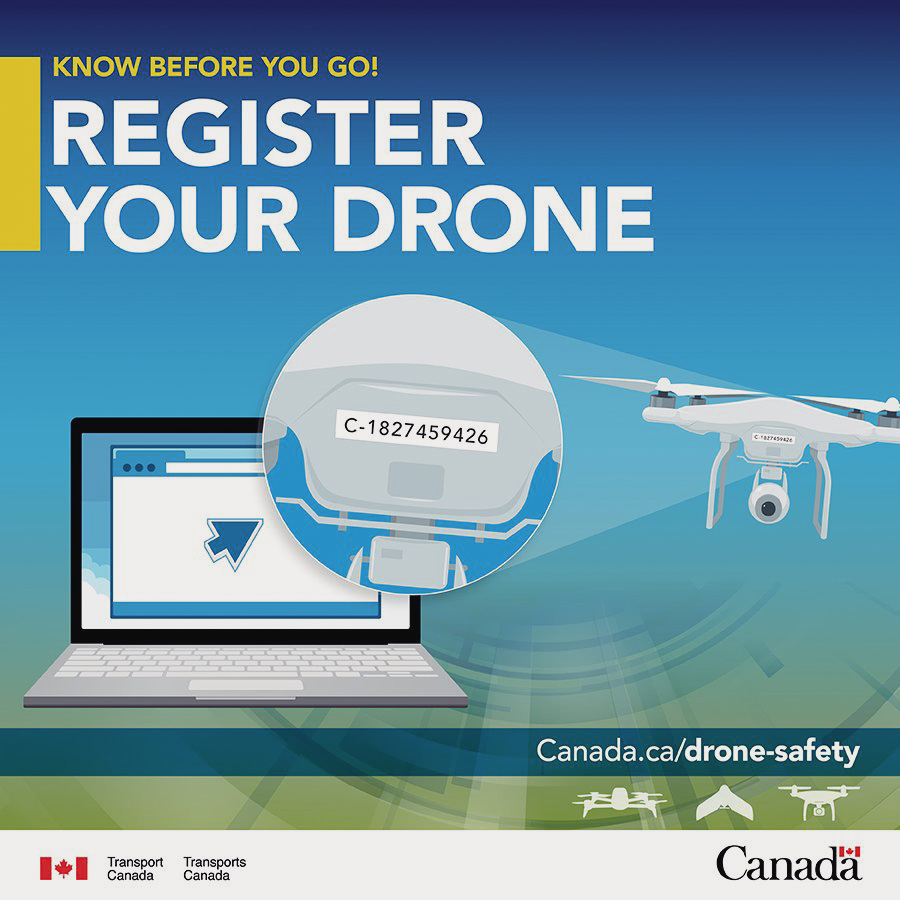

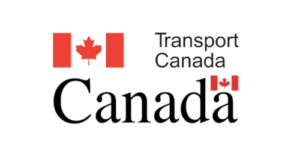
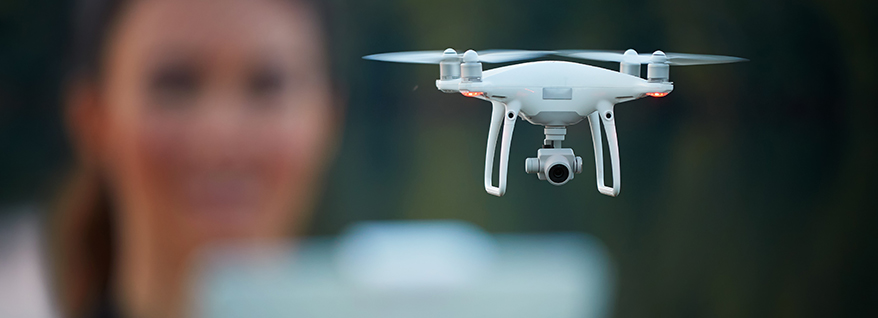
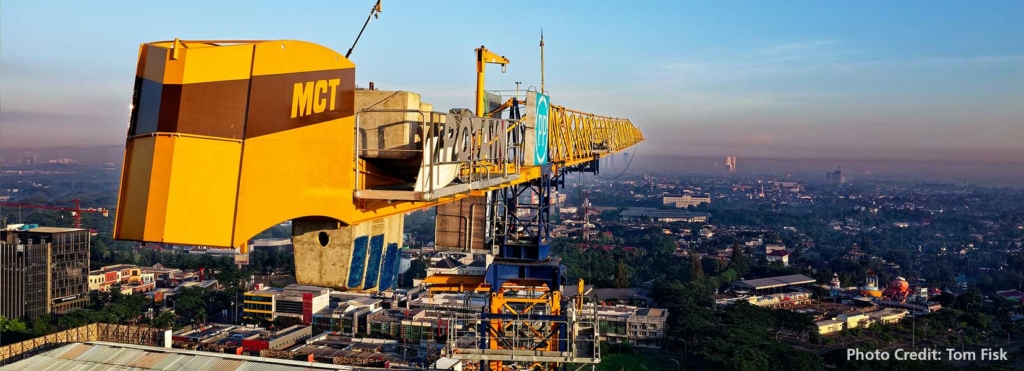
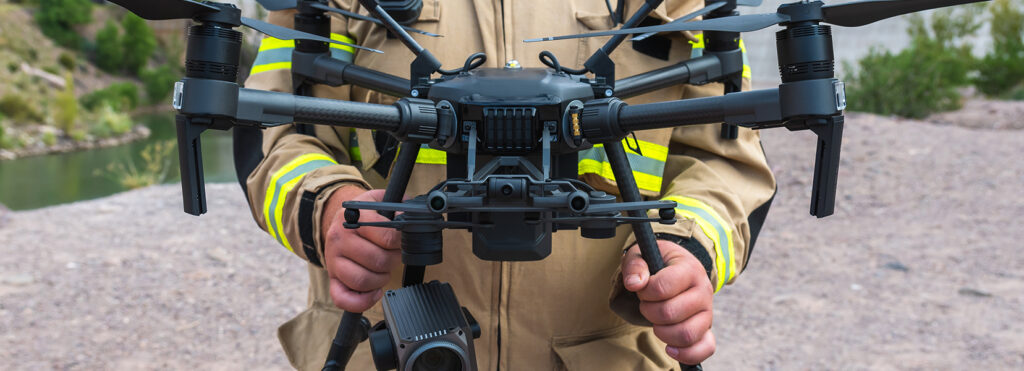
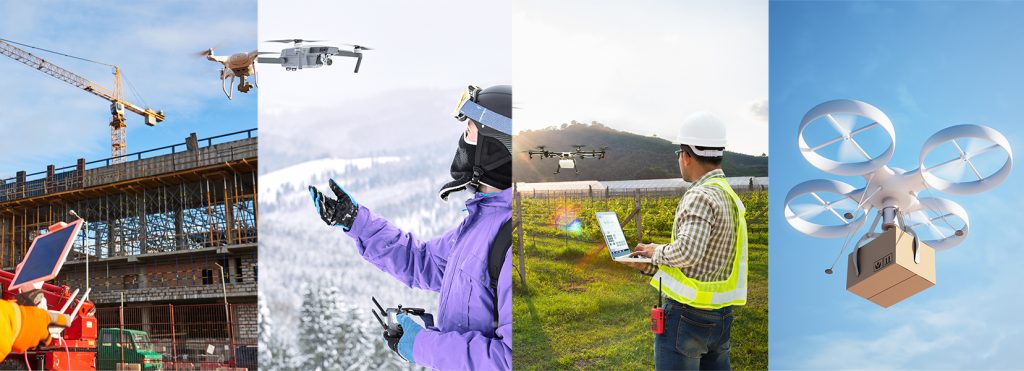
Responses